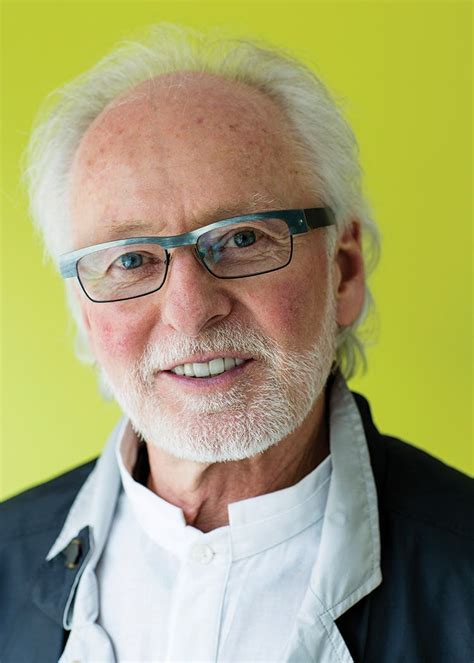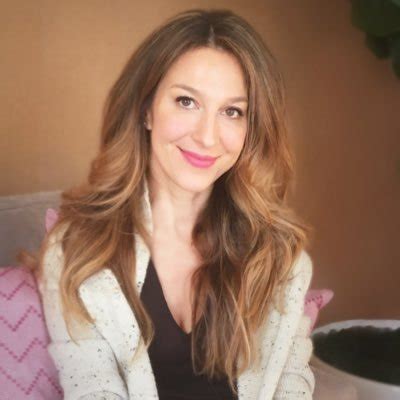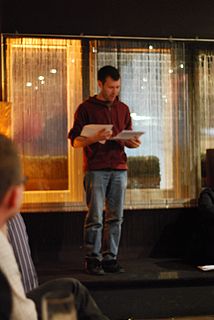A Quote by Richard Leider
Without death, our lives would have no meaning. Death frames our end for us and also puts a value on things.
Related Quotes
Take death for example. A great deal of our effort goes into avoiding it. We make extraordinary efforts to delay it, and often consider its intrusion a tragic event. Yet we'd find it hard to live without it. Death gives meaning to our lives. It gives importance and value to time. Time would become meaningless if there were too much of it.
Death is a part of all our lives. Whether we like it or not, it is bound to happen. Instead of avoiding thinking about it, it is better to understand its meaning. We all have the same body, the same human flesh, and therefore we will all die. There is a big difference, of course, between natural death and accidental death, but basically death will come sooner or later. If from the beginning your attitude is 'Yes, death is part of our lives,' then it may be easier to face.
They alone live whose lives are in the whole universe, and the more we concentrate our lives on limited things, the faster we go towards death. Those moments alone we live when our lives are in the universe, in others; and living this little life is death, simply death, and that is why the fear of death comes.
"Gospel preachers nowadays preach the gospel of the Crucifixion, the Apostles preached the gospel of the Resurrection as well. The Crucifixion loses its meaning without the Resurrection. Without the Resurrection the death of Christ was only the heroic death of a noble martyr; with the Resurrection it is the atoning death the Son of God. It shows that death to be of sufficient value to cover our sins, for it was the sacrifice of the Son of God."
The first thing I would like to tell you about death is that there is no bigger lie than death. And yet, death appears to be true. It not only appears to be true but also seems like the cardinal truth of life - it appears as if the whole of life is surrounded by death. Whether we forget about it, or become oblivious to it, everywhere death remains close to us. Death is even closer to us than our own shadow.
Faith shall save your Soul from Death. Without Faith, Death is a drowning, the end of ends, and what sane man wouldn't fear that? But with Faith, Death is nothing worse than the end of the voyage we call life, and the beginning of an eternal voyage in a company of our Loved Ones, with griefs and woes smoothed out, and under the capacity of our Creator.
The dignity to be sought in death is the appreciation by others of what one has been in life,... that proceeds from a life well lived and from the acceptance of one's own death as a necessary process of nature.... It is also the recognition that the real event taking place at the end of our life is our death, not the attempts to prevent it.
It is part of our nature to survive. Faith is an instinctive response to aspects of existence that we cannot explain by any other means - be it the moral void we perceive in the universe, the certainty of death, the mystery of the origin of things, the meaning of our own lives or the absence of meaning.
Since the death instinct exists in the heart of everything that lives, since we suffer from trying to repress it, since everything that lives longs for rest, let us unfasten the ties that bind us to life, let us cultivate our death wish, let us develop it, water it like a plant, let it grow unhindered. Suffering and fear are born from the repression of the death wish.
It is possible to move through the drama of our lives without believing so earnestly in the character that we play. That we take ourselves so seriously, that we are so absurdly important in our own minds, is a problem for us. We feel justified in being annoyed with everything. We feel justified in denigrating ourselves or in feeling that we are more clever than other people. Self-importance hurts us, limiting us to the narrow world of our likes and dislikes. We end up bored to death with ourselves and our world. We end up never satisfied.


































